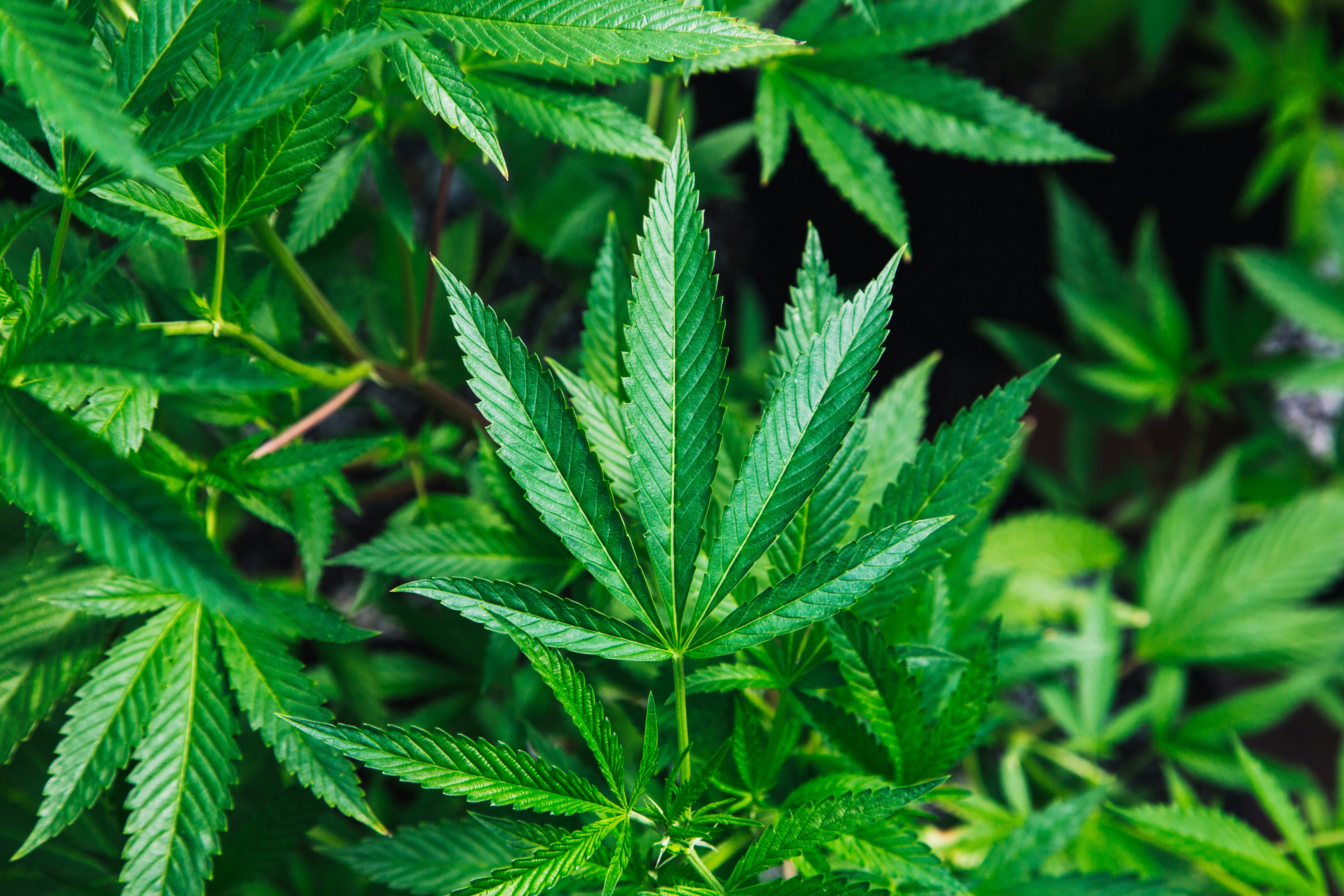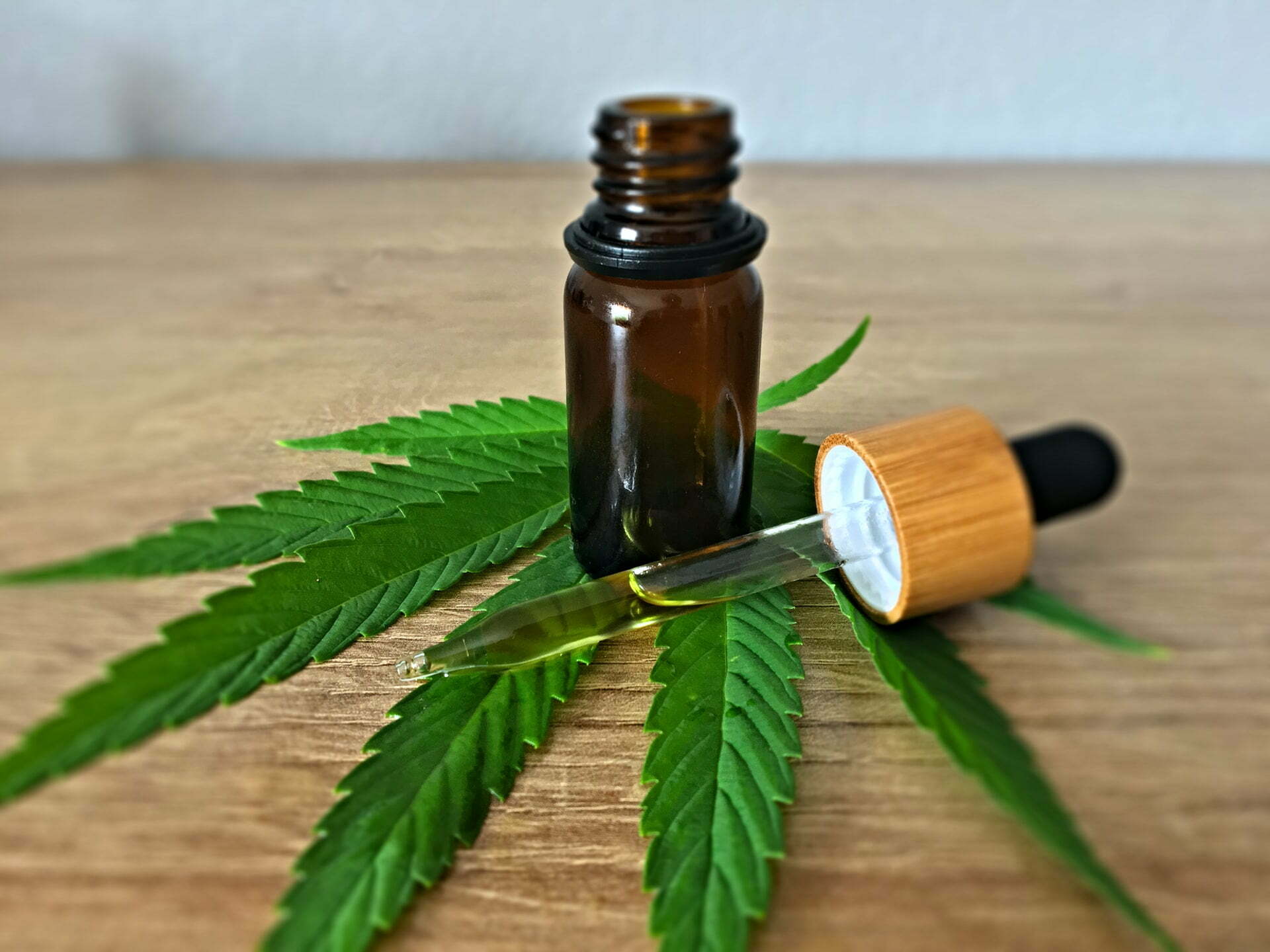We live in a world where natural remedies are touted as a way to deal with a host of health issues. However, while there is a wide variety of substances that are both legal and accessible, not all of them are necessarily safe for individuals who struggle with addiction. One of the most commonly asked about substances is CBD. If you wish to try this supplement but are worried about whether or not it will have an impact on your sobriety, keep reading to understand if it is safe to use after rehab.
What is CBD?
CBD is a chemical derived from the hemp plant that’s said to have beneficial effects on the body, such as stress and pain relief. Like its relative, tetrahydrocannabinol (THC), it’s very popular and widely used because of its purported health benefits. However, unlike THC, CBD doesn’t get you high, which often makes it a great natural remedy for those who struggle with addiction.
Naturally, considering taking a chemical that’s derived from hemp can cause a great deal of anxiety for those in recovery. Instead of making a quick and final decision on whether or not to take it, consider reaching out to a nearby local rehab center to discuss it further. For example, those in the Los Angeles area who struggle with addiction and are considering taking this supplement could reach out to a Beverly Hills rehabilitation center to continue their treatment and speak with a medical professional about this substance. This way, you avoid making a decision that could potentially produce a harmful outcome.
Is safe to take CBD if I’m recovering?

A quick Google search regarding CBD and recovery will dig up some strong opinions about the substance. However, these opinions aren’t always rooted in fact, and much of the information out there isn’t quite accurate. The best way to understand whether or not using this supplement is the right choice for you is to debunk some of these claims. Here are a couple of notable statements that need to be addressed.
- “CBD isn’t legal”: Because it’s derived from hemp, many people are confused about the legality of it. To be quite clear, although it’s made from hemp it is legal. That being said, there are some exceptions. In order for this supplement to be considered legal, it must contain less than 0.3 percent THC. Some products may contain more than this amount, but you’ll only find these products at dispensaries. Therefore, any product that you purchase from the store or online is a legal product.
- “You’ll get high”: It’s important to note that the supplement itself isn’t psychoactive. Rather, it’s known to be relaxing and soothing, not something that you can get high off of. However, there are some users that have reported feeling high after smoking or taking a cannabinoid supplement, which may be attributed to the trace amounts of THC found within certain products. If this is a concern for you, look for products containing CBD isolate and pay attention to product reviews to ensure that no other consumers have received a high from the products.
If you do want to take this supplement, it’s best to only purchase high-quality products such as those offered by The Root of It All. This company combines Ayurvedic practices and remedies with their supplements, resulting in a host of natural products designed to improve your mental and physical well-being. Whether you’re looking for topical products or tinctures, you’re sure to find a natural product here that’ll be the right fit for your needs.
CBD, while popular, is still misunderstood. This fear and misunderstanding can then contribute to the confusion that some will feel when figuring out whether or not they should take it. If you’re interested in taking this supplement as a way to treat a health problem naturally but you’re worried that it could pose a risk to your sobriety, use the guide above to learn more about it and whether or not it’s actually harmful to those with a substance abuse disorder.



